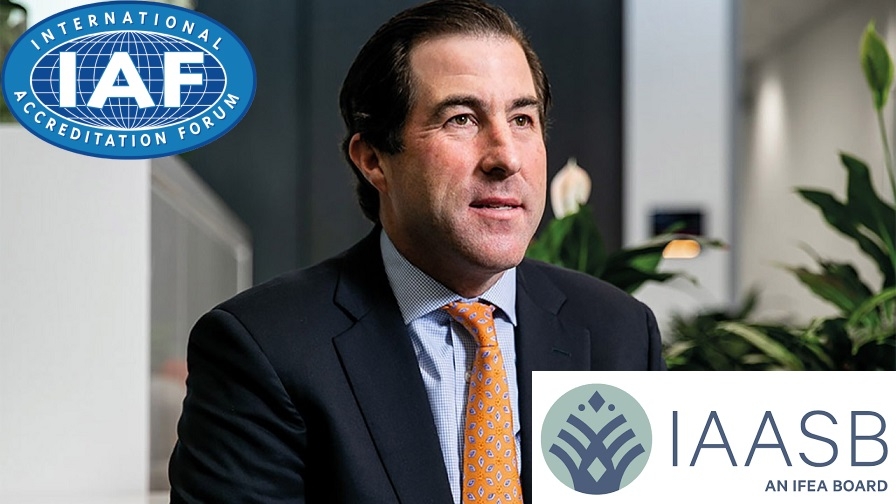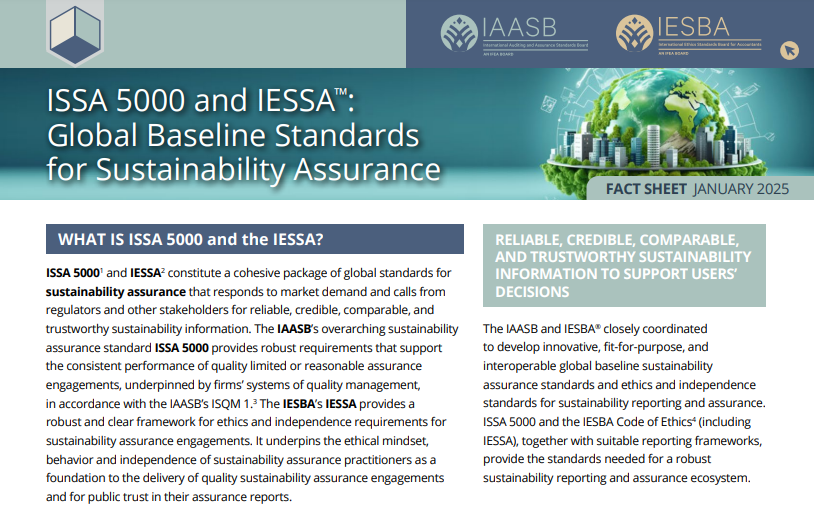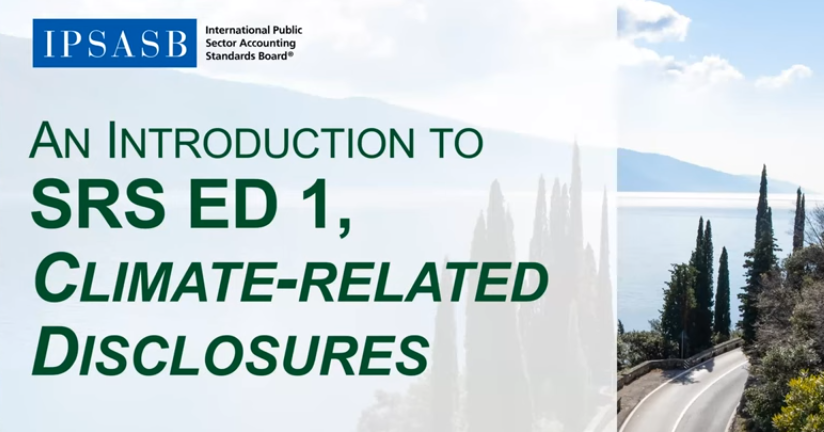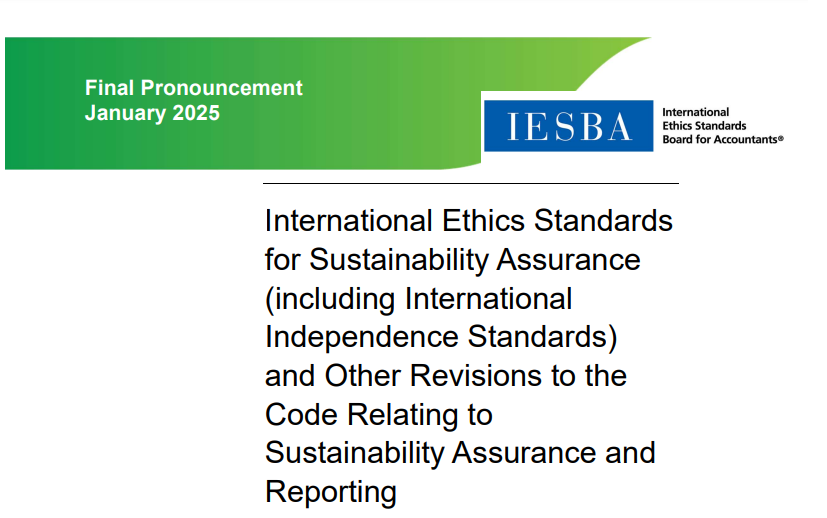Unified ESG Reporting Standards: A Landmark Partnership Between IAF and IAASB
The partnership between IAF and IAASB marks a pivotal moment in ESG reporting, establishing a unified system for verifying sustainability data. With ISSA 5000 at its core, the initiative enhances transparency, reduces verification time, and strengthens investor confidence. As global markets shift towards responsible investment, standardised ESG verification is set to become a fundamental driver of financial decision-making and corporate accountability.

On 12 February 2025, the International Accreditation Forum (IAF) and the International Auditing and Assurance Standards Board (IAASB) announced the launch of their partnership. This initiative highlights the increasing importance of climate risks and social responsibility in investment strategies. Major investors managing assets worth over $130 trillion are intensifying demands for greater transparency and reliability in ESG reporting.
Transforming the Sustainability Verification Market
The new partnership is set to reshape the sustainability verification market, which experts estimate will reach a multibillion-dollar value by 2026. The integration of IAASB standards into IAF accreditation procedures will establish a unified methodological framework — particularly crucial amid the rise in greenwashing and ESG data manipulation. Research indicates that many companies currently struggle to validate their ESG metrics, posing serious reputational risks.
A key aspect of this collaboration is the introduction of the innovative ISSA 5000 standard, which will, for the first time, offer a unified approach to sustainability assessment. According to Tom Seidenstein, IAASB Chair, the new standard will integrate cutting-edge blockchain and artificial intelligence technologies to enhance the reliability of data verification.
International Expertise and Innovation
A recent meeting in Milan marked a significant milestone in aligning ISSA 5000 with existing ISO standards. Particular emphasis was placed on synergies with ISO/IEC 17029 and the ISO 14064 series, paving the way for a comprehensive system for assessing businesses' environmental impact. Standard unification is expected to attract substantial investment in specialised software to automate the verification process.
Impact on Global Markets
Emanuele Riva, Chair of IAF, highlighted that the new partnership will have a significant impact on international financial markets. A Morgan Stanley study indicates that companies with high ESG transparency generate higher shareholder returns. The introduction of new verification standards could further reinforce this trend.
Goldman Sachs analysts predict that standard unification could reduce the cost of green financing for companies that fully comply with the new requirements. This is particularly important for emerging markets, where access to sustainable financing has traditionally been limited.
A Strategic Development
Amid growing global uncertainty and climate risks, the creation of a unified ESG data verification system is becoming essential for the sustainable development of the global economy. The IAF-IAASB partnership not only enhances market transparency but also lays the foundation for responsible investment. Research from PwC shows that institutional investors consider the quality and reliability of ESG data a key factor in investment decisions. The new verification system will not only increase trust in ESG reporting but also provide additional incentives for companies to improve their sustainability performance.



